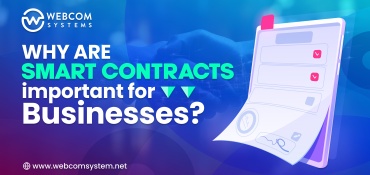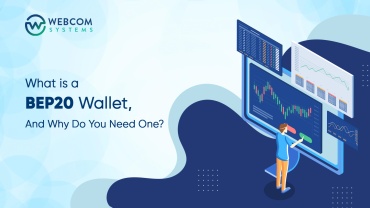Despite holding endless opportunities, digital technology has been in hot water. I am sure you will understand what exactly I mean by this and what I am talking about.
The prime reason behind ongoing debates is that even after adopting blockchain still smartest pack of investors fails to taste success.
Here many of you may think that maybe investors are not working hard.
Well, that’s a pretty false statement!
We all know almost all investors work pretty hard in adopting digital technology to give impetus to their business.
But still in the end even after implementing the most potent technology they fail to turn the fortunes.
Why?
Instead of solving this riddle maximum conclude that digital technology doesn’t work, right?
But again that’s not right!
Well, the exact cause of failures is that by and large, all investors have superficial comprehension about blockchain technology and its features. Exclusive features that are not only more secure but are also cost-effective.
Foremost among such features is ‘Smart Contracts’.
So, let us begin by understanding ‘Smart Contracts’.
What is a Smart Contract?
A smart contract is a pre-written programming code that assists to exchange money, property, shares and other valuable goods.
Let’s make it a bit simple!
Likewise a paper agreement but having a higher degree of transparency it executes on-its-own to achieve a preset command. To put in other words it is a digital adaptation of conventional legal agreements.
Not just this!
Reliance on computer program having no external interference helps to significantly trim down any probability of hacking.
In nutshell, smart contracts help to perform self-implementing safe financial transactions and other business operations.
So, a smart contract plays a decisive role in credit enforcement, making contracts breach free, simplifying legal processes and crowdfunding agreements.
Bottom line is that smart contracts give autonomy, reliance, security, speed and savings.
How does a smart contract operate?
We well know defining the obligation or commitments or rights smart contracts executes when all conditions are fulfilled. Therefore to implement it parties need to agree on certain incontrovertible rules stored inside a blockchain. Such pre-set digital rules lawfully bind two parties involved in a business process.
Mind it!
These rules are governed by blockchain and hence are absolutely immutable and transparent in nature. This simply means there is no chance to correct or revise any sort of command once set on a distributed ledger.
Therefore, even a slightest of a mistake on the public ledger can prove detrimental for process implementers. Therefore it is advisable to first clearly define the rules and then test to check for any error or oversight.
The big picture is that like an intangible protocol such programming codes acts as a shield for performing a secure transaction.
Now, the command completely executes only when it is triggered by exact fixed instructions. Such a fulfilment of preset instructions automatically eliminates all the barriers thereby finishing the process.
Best is!
Completely trimming down the human factor it cuts costs but augments the speed of financial transactions and business processes.
Five key benefits offered by smart contracts
- Facilitates business process or transaction across the borders even with unknown clients
- Facilitates business to enhance their online systems security
- Facilitates to end time killing, expensive and paper-based agreements
- Facilitates business by acting as a digital enforcement agent
- Facilitates to bring speed and transparency in business processes
For which businesses smart contracts work better?
A smart contract indeed is a promising feature that efficiently addresses many limitations of traditional systems. But still, this does not mean that these pre-written programming codes can be applied to any business model.
It can be applied to businesses having quantifiable operational processes. Few such business sectors are banking, hospitals, insurance, real estate, hospitality and legal industry.
Concluding thoughts
Blockchain is an emerging technology that is opening new possibilities in the business arena.
Most exciting thing is that it packs amazing features that assist businesses to deliver more valuable experience.
But, even after the adoption of blockchain technology still, many businesses face troubles in gaining expected momentum and revenues.
And all this happens because they lack absolute comprehension about this technology and associated features.
That’s the bottleneck!
So to revolutionize your business all you need is an in-depth understanding of digital technology. Only then you will be in a position to bring social, financial and technical changes in your business.
But remember its just a small beginning and there are many more possibilities that need to be harnessed.
To know more about such new possibilities and to quickly hone up your digital skills contact a Blockchain Expert.
Recommended Read:-
- Advantages of MLM Software
- What is Blockchain Technology?
- How to Become Successful Blockchain Investor?
Hope you found this article insightful. If you like this article, don’t forget to share it on your social media profiles!




